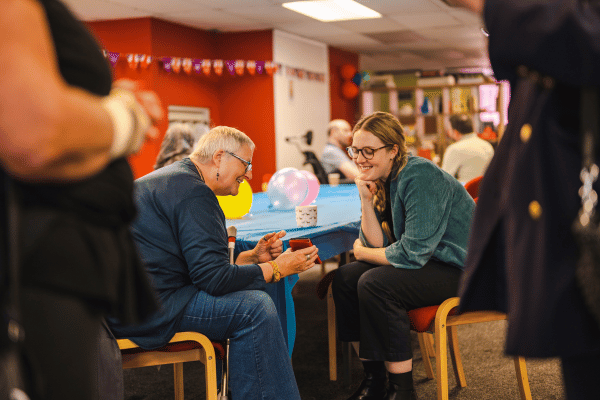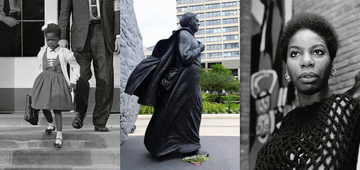- 10 April 2025
A new training programme is aiming to start conversations and encourage behavioural change around public health topics including mental health, physical activity, and the menopause.
Developed by the Royal Society for Public Health, Making Every Contact Count (MECC) is a suite of training designed to support organisations overcome health challenges.
While there has been significant work in some areas of physical health and behaviour change – such as smoking, alcohol and weight management – tackling other public health challenges has progressed at a much slower pace.
MECC addresses these challenges by encouraging health and social care staff to use the opportunities arising during their routine interactions with patients to have conversations about how they might make positive improvements to their health or wellbeing.
What is MECC?
MECC is a training programme aimed at using everyday interactions as opportunities to improve health and wellbeing, allowing each of us to play a part in making a difference.

The training equips frontline health and care professionals to integrate health and wellbeing conversations into routine practice, and signpost to further support. This enables people to access the support and make the changes they need to feel better.
Current training courses include MECC for Mental Health, MECC for Physical Activity and MECC for Menopause.
Who is it for?
The training is for frontline non-specialist staff working in primary and community care settings. This includes those working in:
- Social prescribing
- GP surgeries
- Community pharmacy
- Health and social care
- District nursing
- Health visiting
- School nursing
- Emergency services
- Allied health professions
What impact has it had?
MECC training has been delivered to over 1,500 people to date.
Since participating in MECC for Mental Health, learners are having more conversations about mental health and wellbeing on a regular basis, with up to 13,000 interactions happening every two weeks.
“Often, we find that people avoid having conversations about mental health because they’re scared of saying the wrong thing,” Alicia Clare, Lead Trainer and Director of Bluesci Support, said. “So, the aim of rolling out the MECC for Mental Health further is to support that workforce to have those conversations.”
Lauren McKechnie, Deputy CEO of Bolton Community and Voluntary Services, said: “The training gives people the opportunity to take pause and reflect on their own mental wellbeing and that of their family and friends – not just in a professional sense or setting – which is really important.”
One learner on the MECC for Menopause training programme said: “[The programme] helps to identify symptoms and create support plans, empowering us to be the experts of our own experiences when discussing them with health professionals.”
Want to get involved? RSPH provides commissioned training and approved providers, along with e-learning courses for individual learners. Find your MECC training route here.



